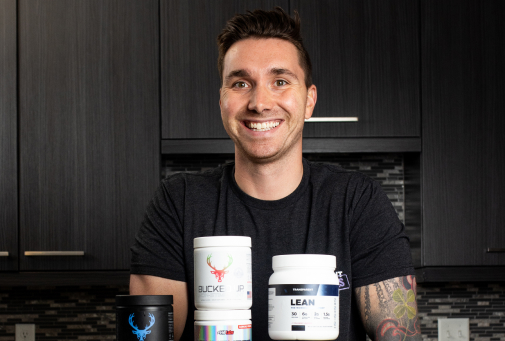NO BULLSHIT
SUPPLEMENTS
Nutrition and supplement information you can trust.
We let science speak, not commissions.
Why our reviews are bullshit free
We’re committed to providing you with reliable, research-backed information that gets you results you can maintain, free from biased commissions.
Real tests
We are dedicated to helping you achieve your fitness goals and improve your overall health
and well-being.
Real people
We are dedicated to helping you achieve your fitness goals and improve your overall health
and well-being.
Real reviews
We are dedicated to helping you achieve your fitness goals and improve your overall health
and well-being.
Pre-workouts that don’t suck
The Titan Fitness Affiliate Program allows approved websites and content creators to link to Titan Fitness and begin earning commissions on clickthrough sales. For all transactions resulting from referred clicks,
How we test supplements
As the leader in digital sleep health, we aim to be a trusted and comprehensive companion for you on your journey to healthy sleep habits.
Let us help you take charge of your health and get the sleep you need and deserve.
A simple heading
Lorem ipsum dolor sit amet, consectetur adipiscing elit.
A simple heading
Lorem ipsum dolor sit amet, consectetur adipiscing elit.
A simple heading
Lorem ipsum dolor sit amet, consectetur adipiscing elit.
A simple heading
Lorem ipsum dolor sit amet, consectetur adipiscing elit.

The face behind TSS

Author
Alex Horsman
Who’s the genius stirring the pot? Alex Horsman. Frustrated with seeing smart folks duped by dumb (yet shiny) marketing tricks, Alex declared war on the faux wellness gurus. No more standing on the sidelines; it was time for action. With an analytical mind and a penchant for snark, he set out to dissect every product claim, separating the champs from the chumps. Alex isn’t just the founder; he’s the heart, soul, and occasionally, the savage wit of “This Supplement Sucks”. His mission? Make wellness BS-free, one debunked myth at a time.
